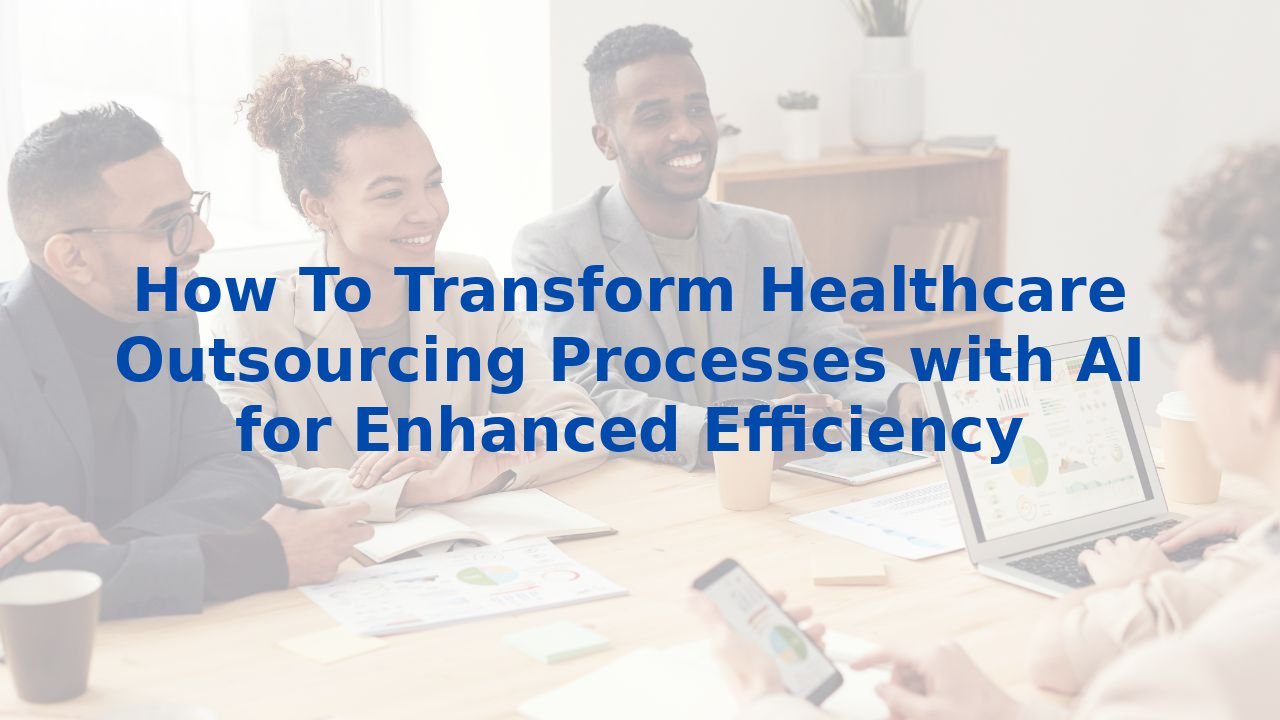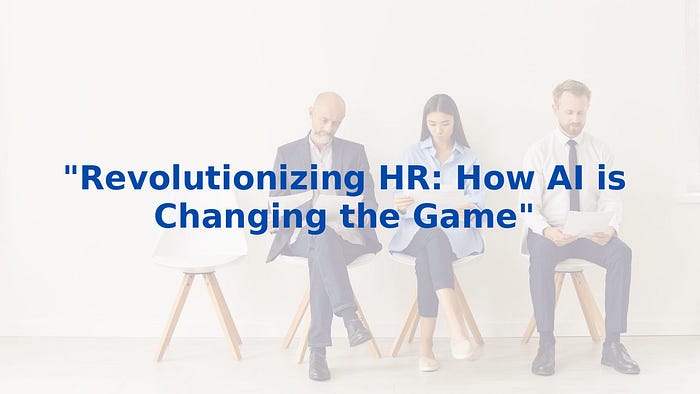How To Transform Healthcare Outsourcing Processes with AI for Enhanced Efficiency
Transforming Business Processes with AI: Revolutionizing Healthcare Outsourcing
In today’s fast-paced world, businesses are constantly seeking innovative ways to enhance their operational efficiency. Within the realm of healthcare, this is especially critical as companies strive to streamline processes and deliver superior patient care while managing costs. One significant strategy to achieve these goals is through healthcare business process outsourcing (BPO). However, the true game-changer is the integration of Artificial Intelligence (AI) into these business processes.
The Role of AI in Business Process Outsourcing
Healthcare BPO entails delegating non-core functions to specialized service providers. These functions can include administrative tasks, billing, and patient support services. However, the addition of AI technologies can take BPO to the next level. By automating repetitive tasks and leveraging advanced analytics, AI can significantly enhance the accuracy and efficiency of these processes.
For example, AI-powered chatbots can manage customer inquiries and provide timely information to patients, freeing up human resources for more critical tasks. Additionally, machine learning algorithms can analyze vast amounts of data to identify trends, optimize workflows, and predict future needs. This allows hospitals and clinics to not only reduce operational costs but also improve the quality of care provided to patients.
Benefits of Integrating AI into Healthcare Processes
1. Enhanced Efficiency: AI streamlines workflows, allowing healthcare providers to focus on patient-centric activities rather than administrative burdens. This greater focus leads to a significant increase in efficiency, boosting overall productivity across the organization.
2. Improved Data Management: Healthcare organizations handle massive volumes of sensitive data. AI can assist in automating data entry and management, thereby reducing errors and enhancing data integrity. This is crucial for compliance with regulations and ensuring the confidentiality of patient information.
3. Data-Driven Decision Making: With the help of AI-driven analytics, healthcare providers gain insights into operational performance. This data is invaluable for making informed decisions that enhance patient outcomes and optimize resource allocation.
The Importance of Employee Training in AI Adoption
While technology unlocks formidable potential, it is imperative not to overlook the human element. To fully leverage AI, organizations must invest in training their workforce. This is where AI training programs come into play.
Training employees in AI allows them to develop the skills needed to effectively integrate these technologies into their workflows. It also empowers them to adapt to new tools and processes, ultimately fostering a culture of innovation within the organization. Furthermore, such training initiatives underscore the belief that continuous learning is vital in an ever-evolving business landscape.
Scalable Learning Paths for Professionals
Training options can be varied and tailored, ensuring that all employees, regardless of their technical background, can acquire the skills necessary for AI implementation. From foundational courses to advanced certifications, a well-structured training program can upskill the entire workforce, cultivating a knowledgeable team capable of handling AI tools proficiently.
As companies redefine their approach to business processes through AI, investing in employee education becomes a pivotal component of this transformation. Not only does it prepare staff for immediate changes, but it also builds a resilient workforce that can navigate future advancements with confidence.
Embracing AI in the Healthcare BPO Landscape
As the healthcare sector continues to face challenges in efficiency and quality of care, embracing AI-powered solutions will become increasingly vital. The success of AI integration depends largely on how well organizations prepare their employees. By prioritizing training, businesses shall not only enhance their process efficiency but also nurture a culture of innovation and adaptability that is crucial for long-term success.
In conclusion, the infusion of AI into healthcare business processes represents a profound shift. As organizations embrace this technology, they also have the opportunity to develop and empower their workforce, ultimately leading to improved patient care and operational excellence. The future of healthcare is promising, progressive, and powered by people—equipped with AI skills to not just adapt, but thrive.
For further insights on how to equip your entire workforce with AI skills, explore tailored programs and training solutions that cater to your organization's unique needs.



